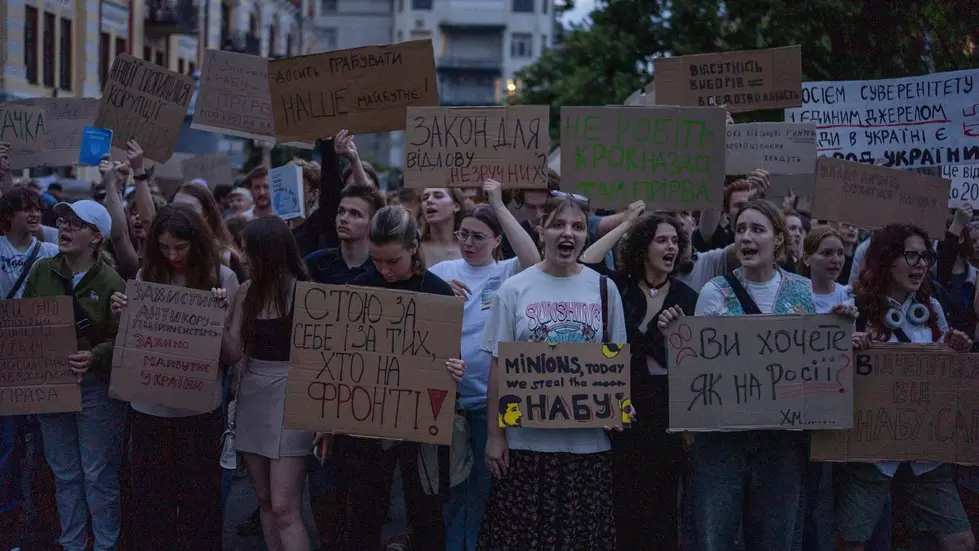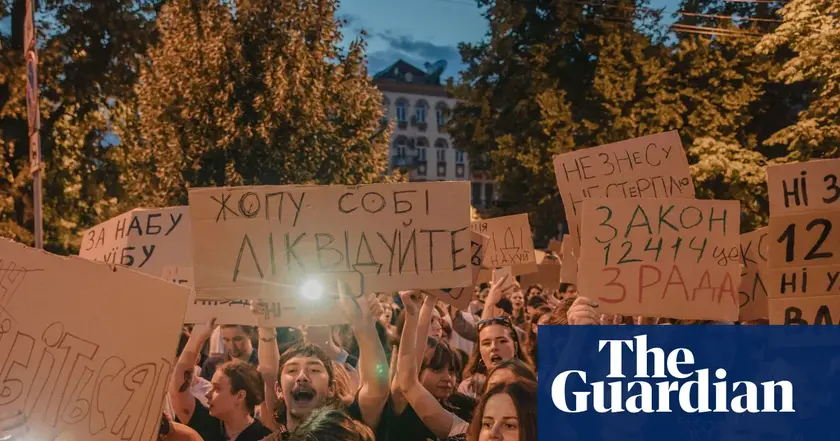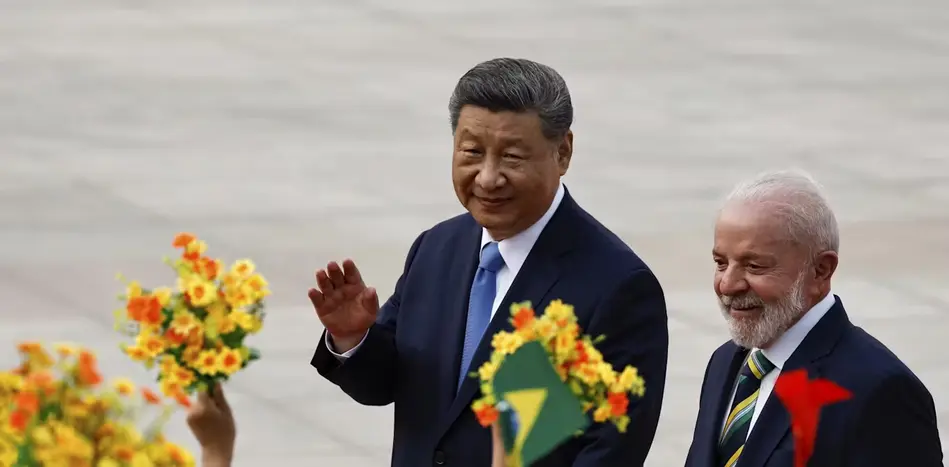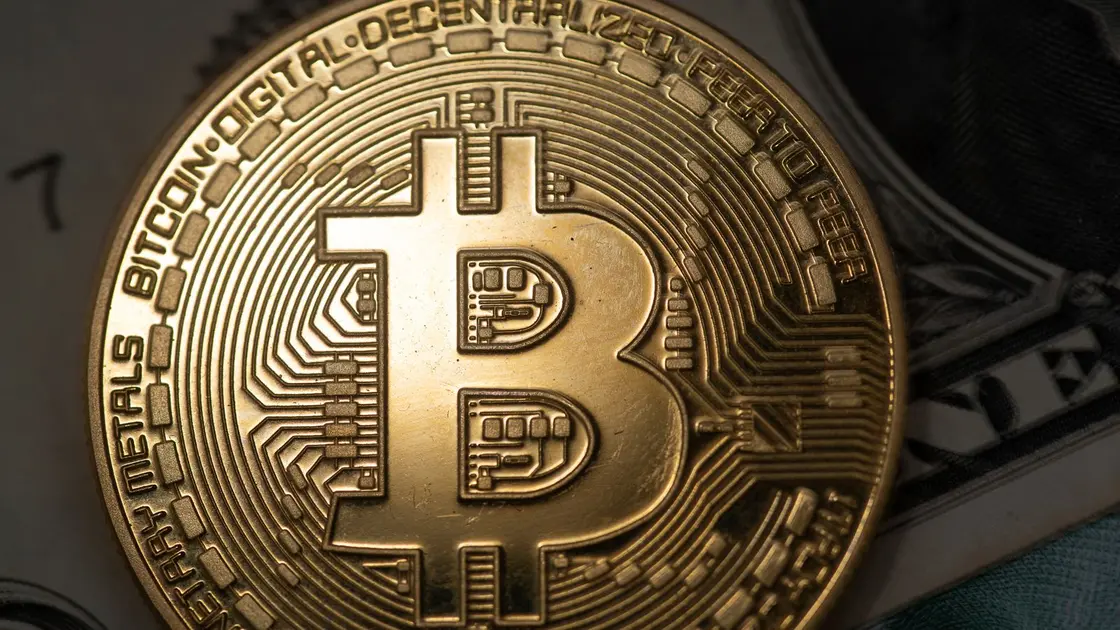T4K3.news
Brazil signs environmental bill with vetoes
Lula signs the law but rejects key protections, prompting mixed reactions and a political fight ahead.

Lula preserves some protections but keeps room for development by vetoing key provisions, triggering mixed reactions
Brazil signs environmental bill while vetoing key protections
Brazil's president Luiz Inácio Lula da Silva has signed into law a controversial environmental bill on the deadline day. He struck down or amended 63 of the 398 provisions, removing several elements seen as the most damaging to the licensing framework. Notably, a self-declared online licensing path for projects with medium environmental impact was blocked, and a clause that could have limited Indigenous and Quilombola participation in licensing decisions was vetoed.
Despite these changes, Lula preserved a fast track option for strategic or priority projects, a move environmentalists say could still push development forward at the expense of stricter scrutiny. His ministers argued the revision balances streamlined rulemaking with essential safeguards, a claim echoed as they defended the government’s stance in Brasília. Environmental groups welcomed the vetoes but warned they will continue to scrutinize the remaining provisions and press Congress to uphold the gains.
Key Takeaways
"a death blow to Brazil's licensing framework"
Environment Minister Marina Silva described the original bill this way
"our targets to reach zero deforestation, and our goal to cut CO2 emissions by between 59% and 67%, remain fully on track"
Minister Silva reaffirmed after the vetoes
"if this destructive bill becomes law just weeks ahead of Cop30 in Belém it threatens to erode Brazil's credibility on the global stage"
João Gonçalves of Mighty Earth warned about global impact
"a full veto was essential, but the points that were struck down still represent progress"
ActionAid's Jessica Siviero offered a measured assessment
The veto acts as a delicate balancing act. By discarding the most restrictive clauses, Lula signals a commitment to climate goals while avoiding a full clash with powerful industrial interests. Yet the retention of a fast-track mechanism and the political reality of an opposition-controlled Congress means the law could still be reshaped in ways that loosen protections. The timing matters too: critics warn that a move seen as lenient could undermine Brazil’s credibility ahead of the Cop30 summit, even as supporters frame it as necessary pragmatism in a country watching deforestation targets and emissions commitments.
Highlights
- Vetoes keep a lifeline for Brazil's forests
- This is progress not a victory
- Cop30 will test Brazil's credibility on the world stage
- Civil society must mobilize to safeguard gains
Environmental policy faces political backlash
The vetoes and potential overturns could trigger protests, lawsuits, and a contested path to Brazil's climate goals. The outcome hinges on Congress and civil society amid a tense political climate.
The next weeks will show whether vetoes hold under congressional pressure
Enjoyed this? Let your friends know!
Related News

Zelenskyy signs controversial law amid protests

Mass protests in Ukraine over anti-corruption law

Mothers of Zika-affected children rally for greater support

Alaska's education budget slashed amidst safety concerns

Illegal mercury trade expands amid cartel activities

Yorkshire Water CEO receives £1.3 million in undisclosed pay

Zelenskyy signs controversial anti-corruption law

US withdraws from Paris climate agreement for second time
